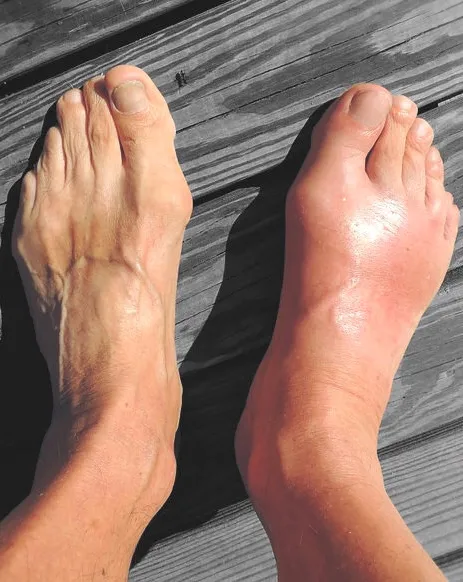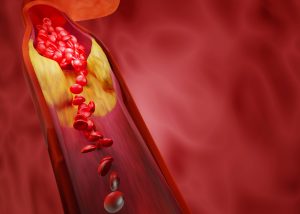Gout is a painful and often debilitating form of arthritis that affects millions of people worldwide. In this article, we’ll delve into the world of gout, exploring its causes, symptoms, and offering practical advice for managing and preventing gout attacks.
Decoding Gout
Gout is a type of arthritis caused by the buildup of uric acid crystals in the joints.

It most commonly affects the big toe but can strike any joint in the body.
Causes of Gout
- Uric Acid Buildup: Gout occurs when the body produces too much uric acid or fails to excrete it efficiently.
- Dietary Factors: High-purine foods, alcohol, and sugary beverages can contribute to elevated uric acid levels.
- Genetics: Gout tends to run in families, suggesting a genetic component.
Symptoms of Gout
Gout attacks often start suddenly, causing intense joint pain, swelling, redness, and warmth.
The pain is typically at its worst within the first 12-24 hours.
Managing and Preventing Gout
- Medications: Yourhealthcare provider may prescribe medications to reduce pain and lower uric acid levels.
- Lifestyle Changes: Dietary modifications, weight management, and limiting alcohol intake can help prevent gout attacks.
- Stay Hydrated: Drinking plenty of water helps flush excess uric acid from the body.
- Low-Purine Diet: Reducing intake of high-purine foods like organ meats, shellfish, and certain types of fish can be beneficial.
- Medications: Long-term medication management can help lower uric acid levels and prevent gout flares.
If you experience symptoms of gout or suspect you have the condition, it’s essential to consult a healthcare provider promptly for an accurate diagnosis and appropriate treatment.
Gout can significantly impact your quality of life, but with the right management and lifestyle adjustments, it’s possible to prevent gout attacks and live a healthier, pain-free life. For personalized guidance on managing gout or preventing its recurrence, consider booking a consultation with IGAKU.
Read our other articles here.





